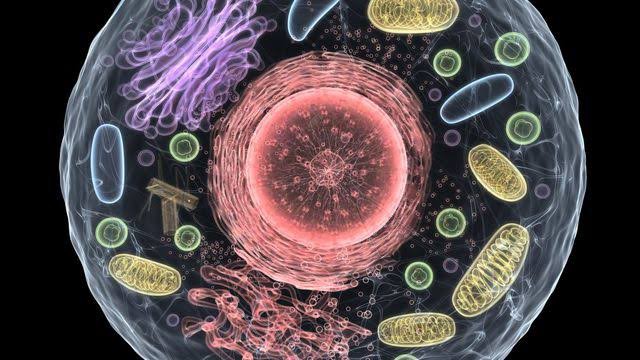
Exclusome

05.10.2023
Exclusome , Daily Current Affairs , RACE IAS : Best IAS Coaching in Lucknow
Why in the news?
Recently, researchers have identified a previously unknown organelle called 'exclusosome' in mammalian cells.
important point:
- The researchers published details of the discovery in the journal Molecular Biology of the Cell.
- The functions of the exosome are not yet fully understood, but it is believed to play a role in cellular immunological memory.
About ''exclusosome'.
- This is a newly discovered organelle in mammalian cells.
- It is made up of DNA rings known as plasmids.
- It is located within the cell plasma.
- This is unusual because eukaryotic cells (cells with a nucleus) usually keep most of their DNA in the cell nucleus, where it is organized into chromosomes.
- Instead, in exosomes, it is organized into plasmids – small, circular DNA strands that can replicate independently of the chromosome and are commonly found in bacteria and other microbes.
The specialty of this discovery?
- Some plasmids that end in exclusosomes originate from outside the cell, while others – known as telomeric rings – come from the telomeres, the capped ends of chromosomes.
- Especially in some cancer cells, telomeres are regularly cut and joined together to form rings.
- The cell nucleus removes such DNA rings and deposits them in the cell plasma along with the plasmid coming from outside the cell.
- This proves that cells are able to distinguish between DNA that is their own and is still essential and DNA that is foreign or possibly no longer needed, which they then expel from the nucleus.
- In this way, the exclusum may have a protective function, protecting the genetic integrity of the cell.
What is a chromosome?
- A chromosome is a long, thread-like structure found in the nucleus of eukaryotic cells, including the cells of animals, plants, and fungi.
- Each chromosome is made up of DNA tightly coiled around proteins called histones that support its structure.
- A normal human being has 46 chromosomes. Chromosomes are considered to be the carriers of human genetic characteristics.
Chromosomes help ensure that DNA is replicated and distributed appropriately during cell division.